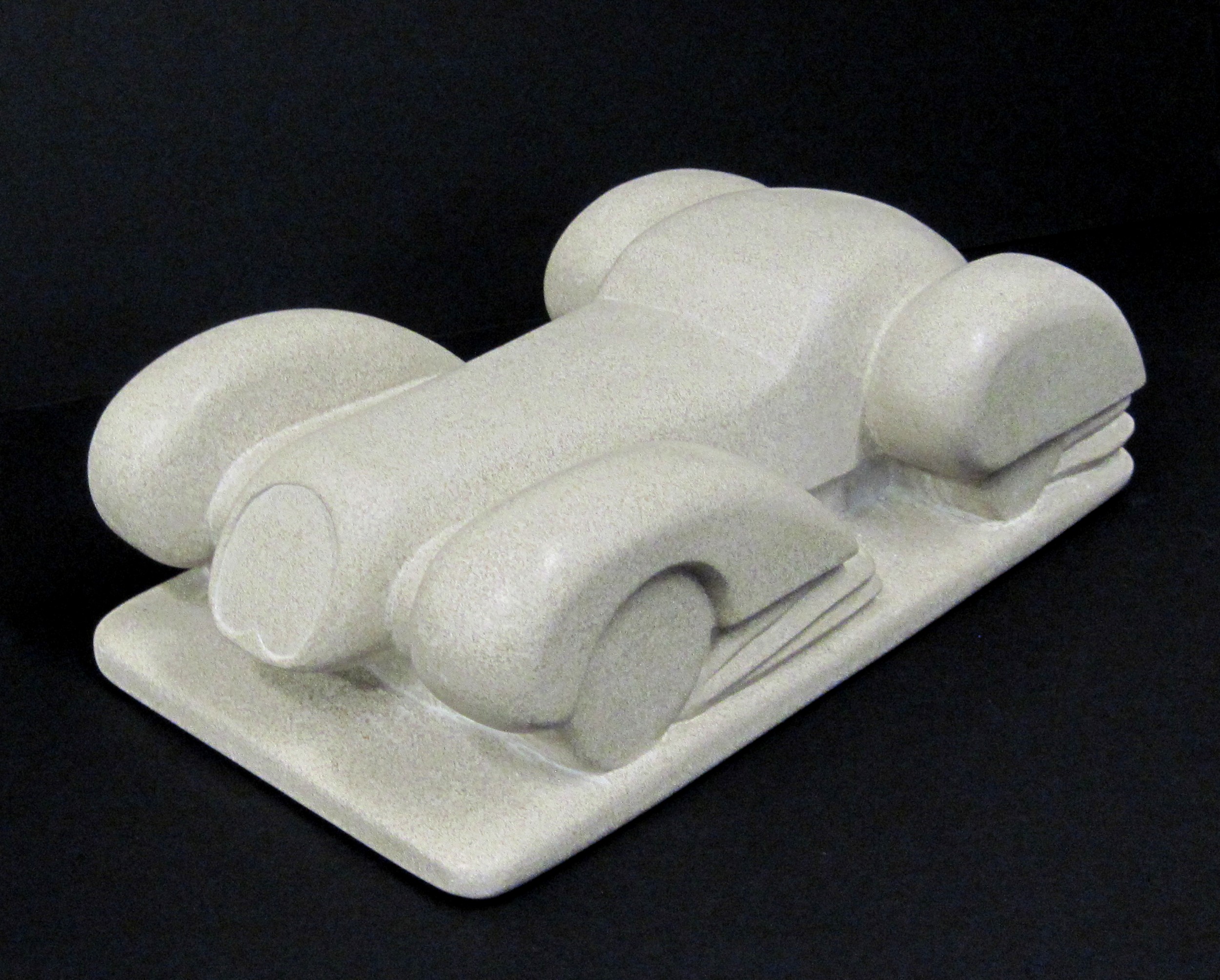
Laurene Powell Jobs was once quoted as saying that her husband Steve and legendary Apple designer Jony Ive would spend hours discussing corners, yes that’s right corners. I also read that Apple had an entire Quality department dedicated to boxes including a device that would check how those boxes would open and close. How many of us have a collection of empty I-Phone and I-Pod boxes just hanging around because they are too well designed to throw away? I don’t know about you, but I hate, hate, hate packaging that I have to destroy to open. There is a certain inelegance with having to tear and rip and destroy the box to get to my HP printer cartridge! Nobody is saving those boxes!
Jony Ive had this to say about design, “In some way by caring, we’re actually serving humanity. People might think it’s a stupid belief, but it’s a goal-it’s a contribution that we hope we can make, in some small way, to culture.”
“Apple’s great design secret may be avoiding insult. Their thoughtfulness is a sign of respect. Elegance in in objects is everybody’s right, and it shouldn’t cost more than ugliness. So much of our manufacturing environment testifies to carelessness.” Paola Antonelli, MOMA
Wow! Where am I going with this? Why am I talking about Apple and design and even quoting a curator at the MOMA? I bet that is the first time that MOMA has ever been mentioned in any article at any time, having to do with printed circuit board technology. You think?
Okay, here is my point. To be a great PCB fabricator, to be a great assembly company, or any manufacturing company, for that matter to be successful you have to pay attention to the customer. Not only pay attention to the customer but find ways to elate and delight that customer.
Just like Jobs and Ivy would talk about corners for hours on end, we have to spend time thinking about our customers and how we can find ways…elegant ways to delight them.
No, no don’t tell me that a PCB company is a job shop or that an assembly company is just putting someone else’s product together for them. No, don’t say that because when you do you are self-commoditizing. You are bringing your product down to the “anybody can do this” level and you and I both know this is not only untrue, but it also diminishes our companies and your products as well.
Ask yourself these questions:
- How many times have you purposely sat down with your team to discuss customer connections from the first call from your sales person to the final shipment of the product?
- How many times have you envisioned your customer receiving your product, and experiencing opening your packaging?
- Or better yet when was the last time you visited a customer’s receiving department to see what they do when they open your packages, so you’ll know exactly what that feels like?
- How many times have you extended your vision beyond what you are building to where your product is going to end up. To envision what your product what your product is going into and how not only that end product will change the world but how your own product will contribute to that change?
- Or going to the other side of the spectrum. How many times have you insulted the customer with your product? You did not send the right paperwork, or the coupons or the C of C’s or when the quantity in the box did not match the quantity on the invoice? These mistakes are not only a gross inconvenience to the customer who cannot clear your product out of receiving and onto the manufacturing floor, it is also an insult to that customer, sending him the message that you did not care enough to send the very best. Not to mention an indication of carelessness and sloppiness on your part as well.
The old adage take care of the little things and the big things will follow has never been truer than it is today. Yes, our customers are demanding, yes, they want more from us than ever before. But that is because they are getting the same high demands from their customers. They are trying to thrill their own customers and want you to thrill them in return.
Great craftsmen have been known to say that they leave a little piece of themselves, a little bit of their heart in every product they produce. They spend hours producing the best art, writing, sculptures, landscapes, quilts, and furniture so that they can share their passion with the receivers of their works. Why should it be different for us? Go ahead, sit down with your team once a week and talk to them about how your company can produce products that will delight and thrill your customers, products that will have the best of everyone in your company within them. It’s only common sense.
